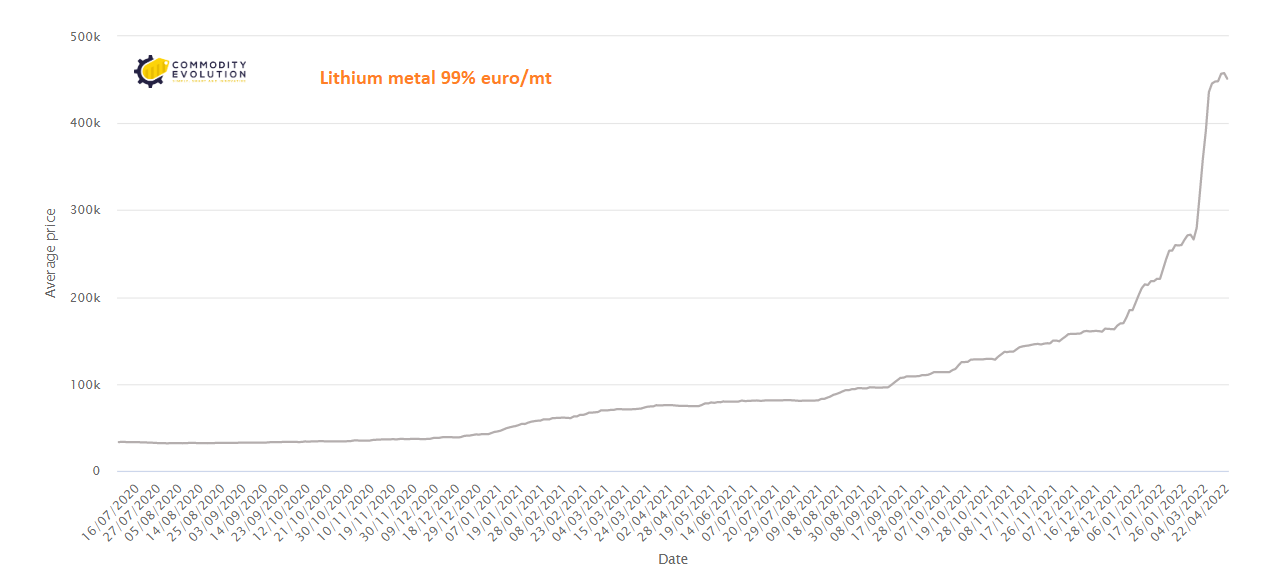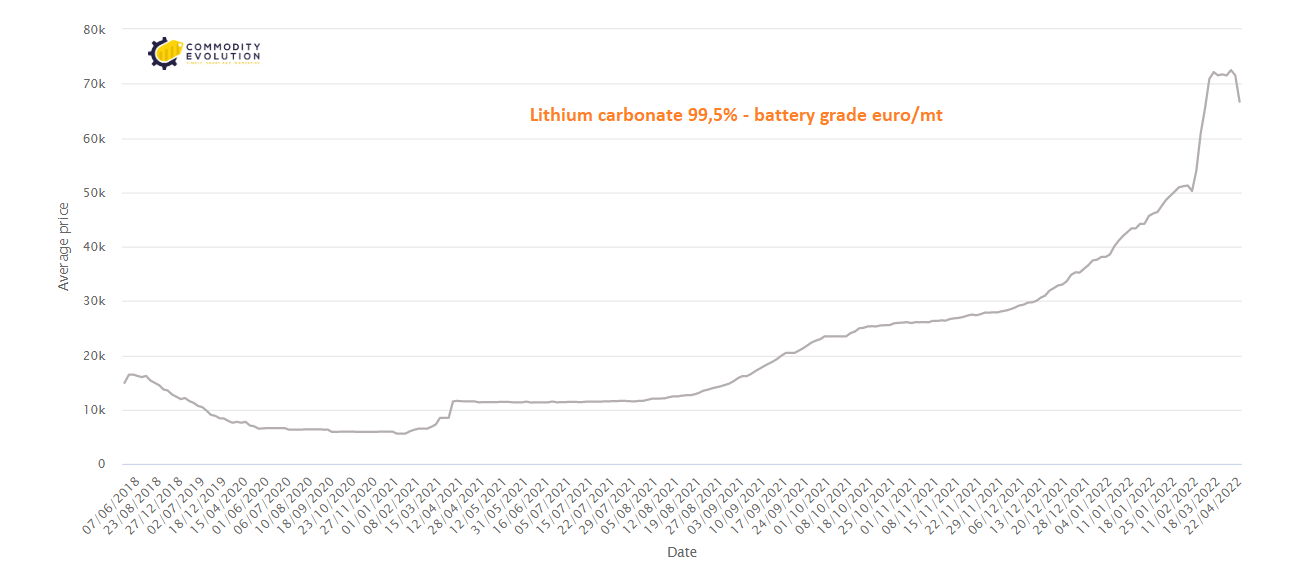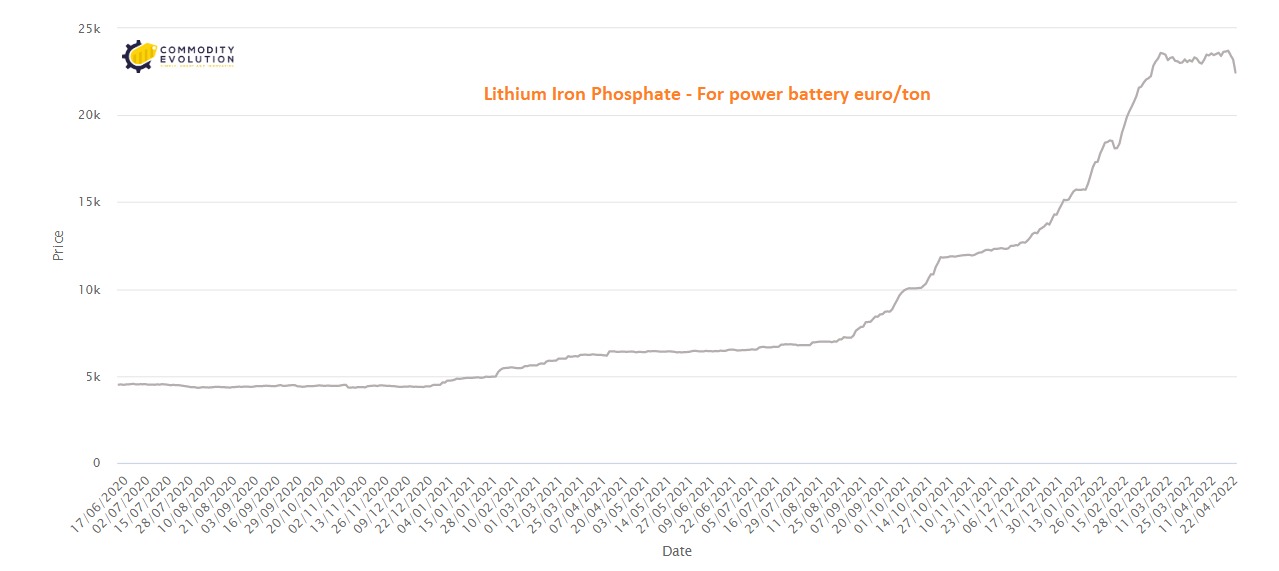 Mexico has officially nationalised its lithium industry after the Senate approved with 87 votes in favour, 20 against and 16 abstentions the mining reform proposed by President Andrés Manuel López Obrador, which gives the state exclusive rights to the battery metal.
Mexico has officially nationalised its lithium industry after the Senate approved with 87 votes in favour, 20 against and 16 abstentions the mining reform proposed by President Andrés Manuel López Obrador, which gives the state exclusive rights to the battery metal.
The law, which came into force on Thursday, was approved in record time, just two days after it was presented by López Obrador to Congress.
The bill raises lithium to the category of ‘strategic mineral’, declaring the exploration, exploitation and use of lithium to be the exclusive right of the state. It also includes a clause that allows the state to take over ‘other minerals declared strategic’ by Mexico.
The executive now has 90 days to create a new decentralised body to deal with all lithium issues. Since taking power in 2018, López Obrador has fought to reverse resource reforms under previous governments, which opened up the oil and electricity sectors to private investment.
The president reported that his administration will review all lithium contracts, which casts a shadow of doubt over projects already under development in the country, including the Bacanora Lithium project in the country’s northwest. The company, owned by China’s Genfeng Lithium, owns the giant Sonora project, which is expected to produce 35,000 tonnes of the metal a year from 2023.
The law would likely bring trade tensions, as it is claimed to violate the US-Mexico-Canada Agreement (USMCA).
Most of the world’s current lithium production is locked into long-term agreements as chemical, battery and electric vehicle manufacturers frantically seek to secure future supply.
According to data from the US Geological Survey, Mexico’s lithium reserves rank it as the tenth largest producer in the world.
.gif) Loading
Loading




